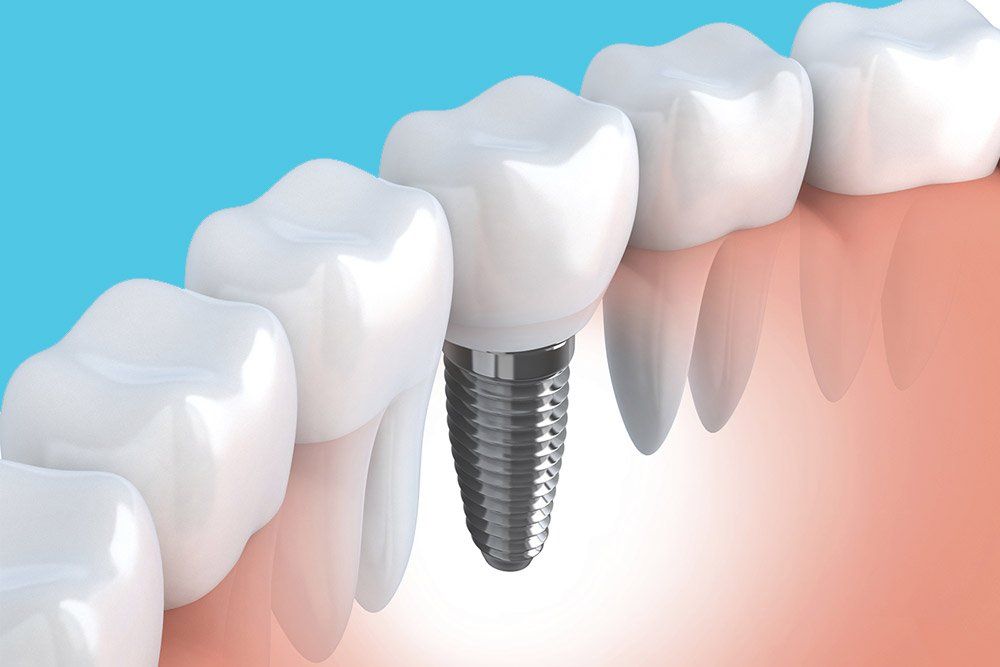Needing to REPLACE one or more teeth? Quality Dental Implants - Melbourne
Book NowWith rapid and exciting advances in implant dentistry, dental implants have successfully improved people’s lives by giving their teeth back, and have become a regularly sought and effective tooth replacement option for patients with one or multiple missing teeth.
Here at Manchester Unity Dental Centre, we stay up to date with the latest research and treatment principles. Whether you're missing just one tooth, or a few, or more than that, to know more about whether dental implants are a good solution for you, arrange an appointment to meet with our dentist for an assessment and further information relevant to your situation.
When you're ready to begin, we will plan each stage with you and support you from the surgery to finished restoration and into the future with regular maintenance to ensure health and satisfaction in the many years to come.

What are dental implants?
Dental implants are surgically placed medical devices, usually made of titanium, that become attached to your jaw bone similar to (but not the same as) how teeth are individually rooted in jaw bone. Implants can be used to support a single tooth, or hold bridge restorations of several teeth, or even carry removable dentures.
Implants are designed to replace missing teeth or teeth that are requiring removal. Common reasons for losing teeth are:
- Severely broken down
- Severely decayed
- Cracked or split teeth
- Infected root canals left untreated
- Advanced periodontal disease
- Trauma
After assessment and planning, the implant procedure will usually be spaced out over three or four visits over the course of three to six months. The main stages are:
- Surgery - implant placement +/- tooth removal, tissue grafting
- Healing time
- Construction and attachment of the new teeth
It is important to note - Not all cases are suitably treated with implants, and each case is unique and hence planned differently. General oral healthiness should be achieved prior to consideration. Active periodontal (advanced gum) disease, smoking, certain medications, and medical conditions contraindicate dental implants, and thorough planning is always required prior to beginning to have an accurate path of treatment and to ensure good results.
